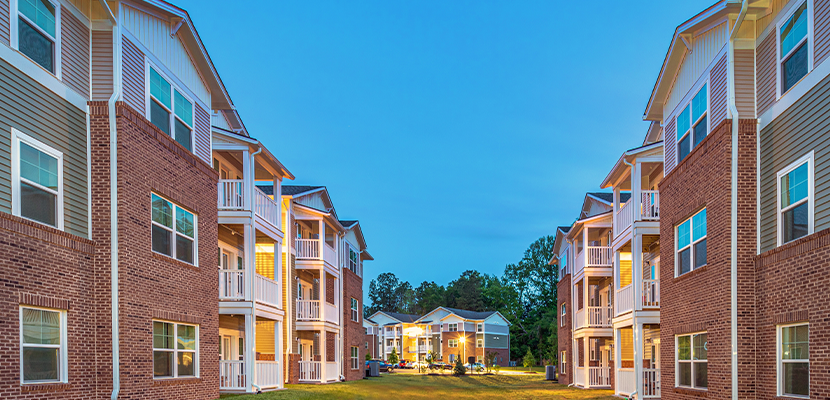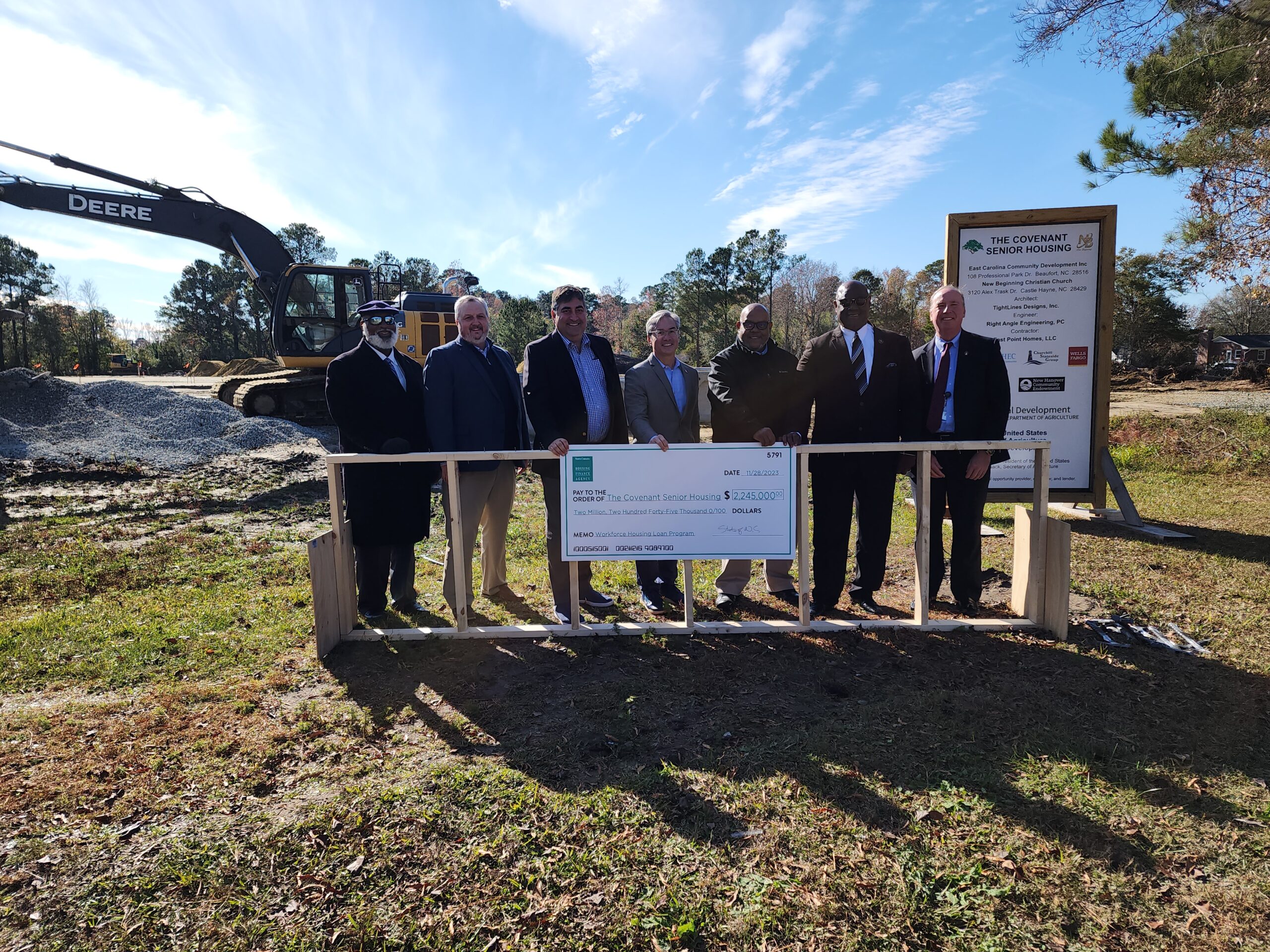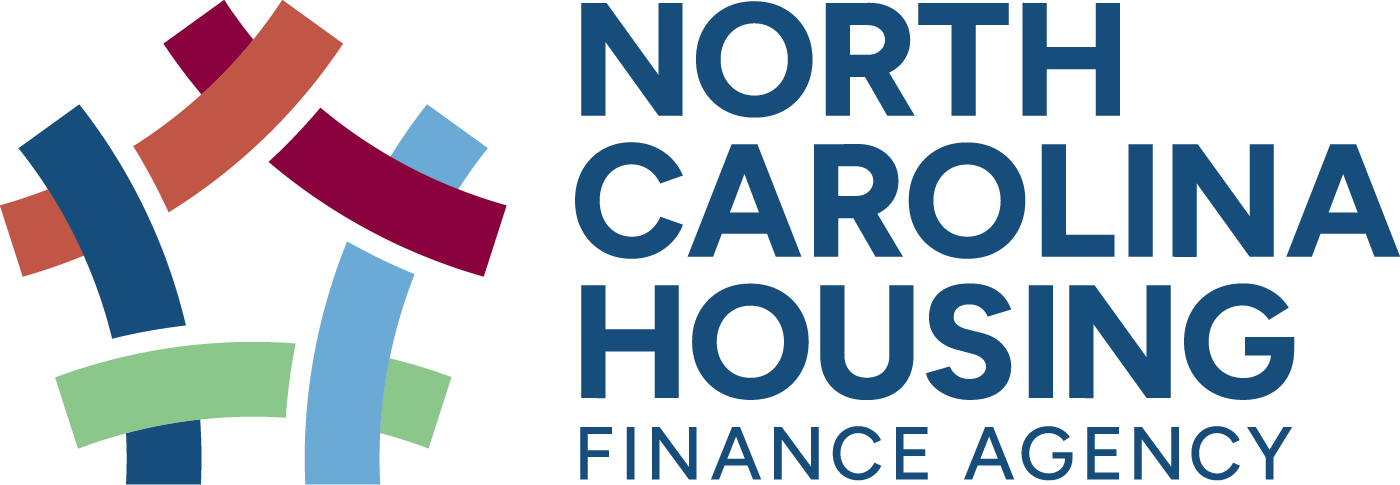Rental
Rental Developments Help Citizens Access Safe Homes They Can Afford
-
 Rental Investments
Rental Investments

The number of affordable rental units continues to decline in every state, and North Carolina is no different. Rising rental costs in North Carolina have made it difficult for citizens to find apartments that they can afford. The NC Housing Finance Agency finances privately owned and managed rental housing through the use of the Low-Income Housing Tax Credit and tax-exempt bonds as well as the Workforce Housing Loan Program, which allow affordable rental housing to be developed in both urban and rural areas of the state.
In 2023, the Agency financed $1.1 billion in affordable apartment homes for working families and senior citizens to ensure that all North Carolinians have a safe and affordable place to call home.

Workforce Housing Loan Program Fills Funding Gaps for Rental Developments
In 2022, the NC General Assembly appropriated an historic $190 million to the state’s Workforce Housing Loan Program to address substantial funding gaps for workforce housing developments caused by the COVID-19 pandemic. Statewide, this appropriation kickstarted the construction of 77 stalled developments in 2023 with more than 5,100 apartment homes, providing housing for working families and seniors on fixed incomes.
In 2023, Covenant Apartments in Castle Hayne was helped with the infusion of funds to address the shortage of available housing in New Hanover County, where more than 52% of renters pay more than 30% of their income on rent.
In 2023…

137
preliminary applications received for Low-Income Housing Tax Credits (LIHTC)

30
9% awards, more than 1,640 units and more than $31 million in tax credits

47
tax-exempt bond awards with 4% LIHTC
-
 Rental Assistance
Rental Assistance
The NC Housing Finance Agency oversees Performance Based Contract Administration for properties with Section 8 Rental Assistance. In 2023, this key affordability tool helped 25,950 households with very low incomes.
The Agency partners with the NC Department of Health and Human Services (NCDHHS) on the Transitions to Community Living Voucher, which helped 2,870 North Carolinians with disabilities be diverted from our transitioned out of restrictive settings to live in the community of their choice in 2023.
Helping low-income North Carolinians through the Targeting Program, the Agency served 3,100 households in 2023 in partnership with NCDHHS through LIHTC properties, which are required to set aside 10-20% of units for eligible participants.
